 Worried Owner Thought Kitten with Bloated Tummy Was Sick, Turns Out It Was Just Fat - WORLD
Worried Owner Thought Kitten with Bloated Tummy Was Sick, Turns Out It Was Just Fat - WORLDNew petsBloating in Kittens By: Published: January 20, 2016 Share: / Bloating in Kittens If you got your kitten as a newborn, pack of joy fed by bottles or as a weaned young man, a neglected abdomen or swelling may indicate the danger and must be addressed immediately. Knowing the potential causes of swelling can be helpful in preventing and treating it, in most cases. Newborns may be affected by congenital abnormalities of the gastrointestinal tract, which leads to food entering but there are no feces. The wrong type, amount or quality of food can cause a kitten to develop a pot or even diarrhea appearance. Bacterial overcrowding in the intestinal tract or the presence of some viruses can cause serious illness or even death. Whatever the cause, a swollen kitten will be uncomfortable and possibly pain. Born In this way: Genetic Causes of Bloat KittenCongenital disorders are abnormalities present at the time of birth. Some kittens may have congenital malformations that are not visible on the outside. A grieving kitten may seem normal at birth, but as the days continue, they swell and may experience a bad blowjob and development. A commonly seen malformation is called atresia ani. While still in the uterus, a fetus with this condition does not develop an anal opening for feces to leave the body. Cats born with a disturbance or narrowing anywhere in the gastrointestinal tract may experience swelling. For human babies born with this condition, surgery is done to correct it. Unfortunately, in kittens and puppies this type of surgery is not usually a viable option. If the rigor, or the passage smaller than normal, within the stomach or intestine is still large enough for the milk to pass, a problem may not emerge until it is weaned, when solid foods are introduced. A veterinarian can perform a barium X-ray study to potentially identify this type of congenital disorder. Congenital defects that affect the kidneys can also cause a neglected abdomen. Hydronephrosis (fluent collection around the kidney) or polycetic kidneys can cause the organ and abdomen to be expanded to appear neglected. Routine veterinary examinations of kittens are often able to detect these conditions, if the abnormal organ size is significant enough to be felt with abdominal palpation. Eating makes me feel bad: food that can cause rubor A mother cat's milk has the ideal combination of proteins, fats and carbohydrates and is rarely the cause of diarrhea or swelling in nursing kittens. Certain types of infection, however, can compromise the optimal makeup of breast milk cat and possibly make it dangerous for your kittens. Breast or uterus gland infections can cause toxic milk syndrome, causing swelling, green diarrhea, crying, and a red and swollen rectum. Milk replacement formulas, especially powder forms, can be a source of constipation tissues or diarrhea if they are not mixed in the correct proportions with water. A neglected abdomen caused by constipation can also result if kittens fed by bottle do not receive the proper anogenital stimulation to produce feces and urine after feeding. If you are raising orphan kittens, educate yourself at the fine points of raising them to help remove such possible obstacles. Once the kittens are weaned, the owners fall into the dilemma so confusing of what food to feed. Cats have lower levels of certain enzymes necessary for the digestion of carbohydrates. Because of this, certain individuals may be more intolerant of carbohydrates present in some diets, especially cat or kitten dry foods. Intolerance to carbohydrates can present as excessive gas and/or loose malodorous feces. Young people may be particularly at risk due to their immature and sensitive gastrointestinal tracts. Using a canned food can help reduce the amount of carbohydrates present and, in general, they are easier to digest for both kittens and adults. If it is not possible to feed canned foods, choosing a high protein kibble, low carbohydrates can help improve the consistency of the feces and reduce swelling. Kittens need frequent access to fresh foods, whether they are nursing or weaning. Too much food, however, can overload the gastrointestinal tract, exhaust digestive enzymes and lead to swelling and diarrhea. Food and frequency depend on the age and weight of the kitten. Kittens powered by bottles require smaller but more frequent volumes of every two to four hours, with the amount of milk fed depending on their weight. Weaning kittens can be offered three to five times a day, as they fit solid foods, either dry kibble or wet food, canned. Note that compared to the canned food, dry food takes longer to break down and expands as gastric fluids are absorbed in the stomach. As a result, a kitten is less likely to swell the canned food than the kibble dried. Bacteria, viruses and parasites that cause kitten blond The intestines of the kittens are sterile at birth, but they begin to colonize with bacteria commonly found in the mouth of their mother, intestines and external environment. It can take a few days a week for the baby's intestines to completely colonize with these communal bacteria. This normal and beneficial bacterial flora can help reduce diarrhea and gas, and actually helps in developing a healthy immune system. Orphan kittens very early after birth may not have had the good fortune of being exposed to their mother long enough to sufficiently populate their intestinal tracts with normal intestinal flora. As a result, these kittens may suffer from health problems. While communal bacterial colonies are normally beneficial and important to health, under certain circumstances they can be a source of problems. inflammatory conditions affecting the intestine can cause a breach in the safety of the intestinal wall, which allows the intestinal bacteria to migrate in the bloodstream, which leads to infection or sepsis. At this time, immediate and aggressive treatment is needed with antibiotics and supportive care to prevent death. In addition, the formulas of discarded substitute milk or abnormal breast milk can cause bacterial overcrowding, which leads to diarrhea and swelling in nursing kittens. Viral infections of cat, such as panleucopenia and viral diarrhea of the entherican crown, can cause gastrointestinal disorders in kittens. The relatively harmless entheric coronavirus has an evil twin strain that mutates and causes a fatal disease called feline infectious peritonitis, commonly known as IPF. There are two clinical presentations for this disease, the form "wet" and the form "dry". Cats affected by the "morse" or effluent form develop a discarded and fluid-filled abdomen and unfortunately die within a short period of time. The "dry" or not effluent form does not cause abdominal fluid distended, but affects internal organs with inflammation that can cause the extension of the mild organ and finally death. Intestinal parasites can cause an infection or a significant burden on kittens up to 2 to 4 weeks of age. Large slices produce larvae that can be transmitted from the mother cat through the placenta to the fetus. Females also produce a larval stage that can migrate in mammal tissue and then ingest through breast milk after birth. In adult stages, these intestinal worms are large and can cause swelling, diarrhea, weight loss, a generally underdeveloped appearance and even anemia. It is generally recommended that kittens be unarmed when they are as young as 2-3 weeks, with additional treatments until they reach 12 weeks of age. Protozoal parasites are not worms, but protozoa are microscopic organisms that invade the intestinal wall. Jeardia (gee-AR-dee-ah) and coccidia (kok-SIH-dee-ah) are common species capable of causing significant irritation to the intestinal tract. Kittens may experience vomiting, diarrhea, and swelling, although in some cases they may seem perfectly normal! Different drugs are used to treat intestinal worms against protozoa infections. Kittens should have a microscopic examination of their feces performed by a veterinarian to look for these intestinal invaders. Having a new kitten in your life is an exciting moment! Seeing your baby grow up from an uncomfortable and bouncing young man in a glorious adult can be fun and rewarding. Keeping your kitten happy and healthy is your obligation and privilege. Recognizing signs of anguish and disease can help you act quickly and appropriately to keep your kitten's life with love, health and happiness. By: Dr. Heidi Pavia-WatkinsImprint: 2002lubava1981/iStock/ThinkstockShare: By: Posted: January 20, 2016 Related posts By: Published: December 20, 2016 By: Published: March 5, 2018 By: Published: June 14, 2006 By: Published: May 7, 2015 By: Published: November 11, 2019 By: Published: November 21, 2014 by pet
Accessibility links Search results Web results Cat care : How to deal with newborn kittens Bloating in Cats - Symptoms, Causes, Diagnosis, Treatment ...How to Help Baby Kits Pee and Poop! - YouTubeKittenated has a swollen belly.(Inculated photos) - The Daily KittenLittle Stray Kitten with Swollen Possible reasons why your cat has a swollen Abdomen or ... 2 4-week kittens have a very large abdomen Pt 1 - YouTubeAbdominal strain on cats - Symptoms, Causes, Diagnosis ...Guide to Raising Underage Kittens - University of Wisconsin ... Foot links

Little Stray Kitten with Swollen Belly Rescued, She gets Back to Health & Lives in Good Life - YouTube
2 4-week-old kittens' have very big abdomen Pt 1 - YouTube
Worried Owner Thought Kitten with Bloated Tummy Was Sick, Turns Out It Was Just Fat - WORLD OF BUZZ
How to treat a kitten with a bloated stomach? - Quora
How to Help Baby Kittens Pee and Poop! - YouTube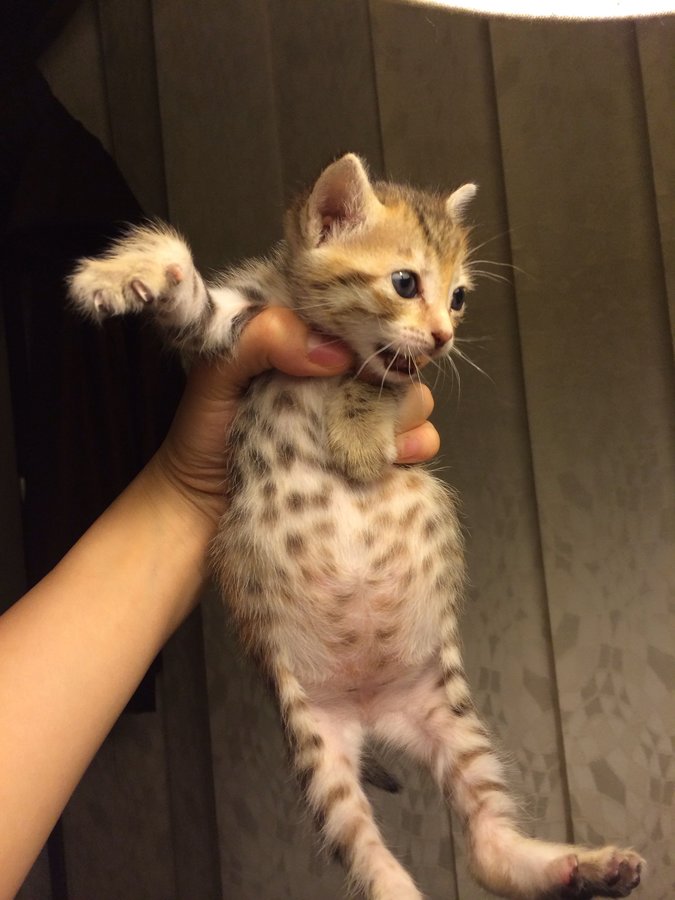
New stray-bloated tummy and wouldn't go? | TheCatSite:max_bytes(150000):strip_icc()/post-natal-cat-care-555416_V3-de29216d84b04323bad29f898a976578.png)
How to Treat Fading Kitten Syndrome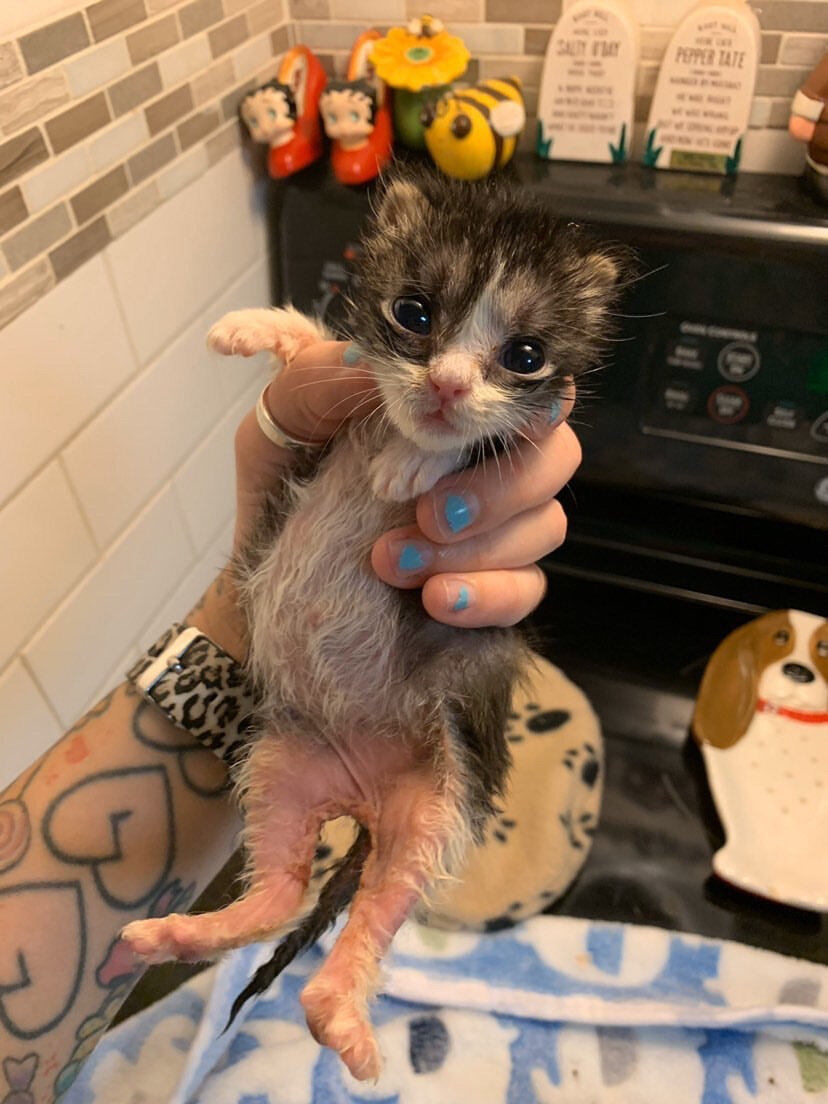
Urine Scald — Kitten Lady
Is it normal for a kitten to have a big belly? - Pets Stack Exchange
Bloating in Kittens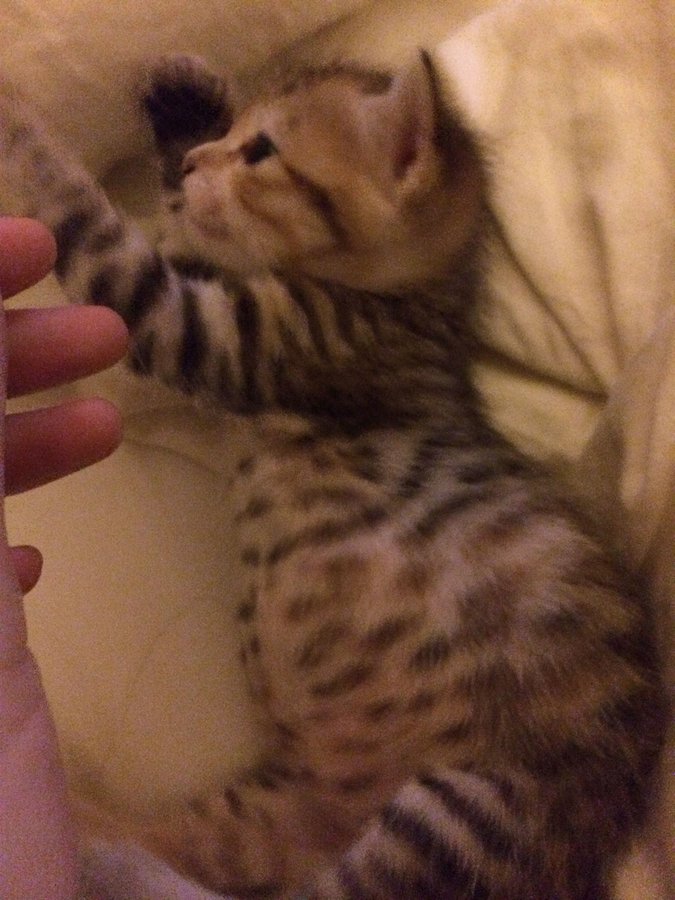
New stray-bloated tummy and wouldn't go? | TheCatSite
When The Kitten's Umbilical Cord Does Not Fall Off/germany-newborn-kittens-sleeping-on-blanket-close-up-140882478-57d961f43df78c583396727b.jpg)
Kitten Development from Newborn to One Week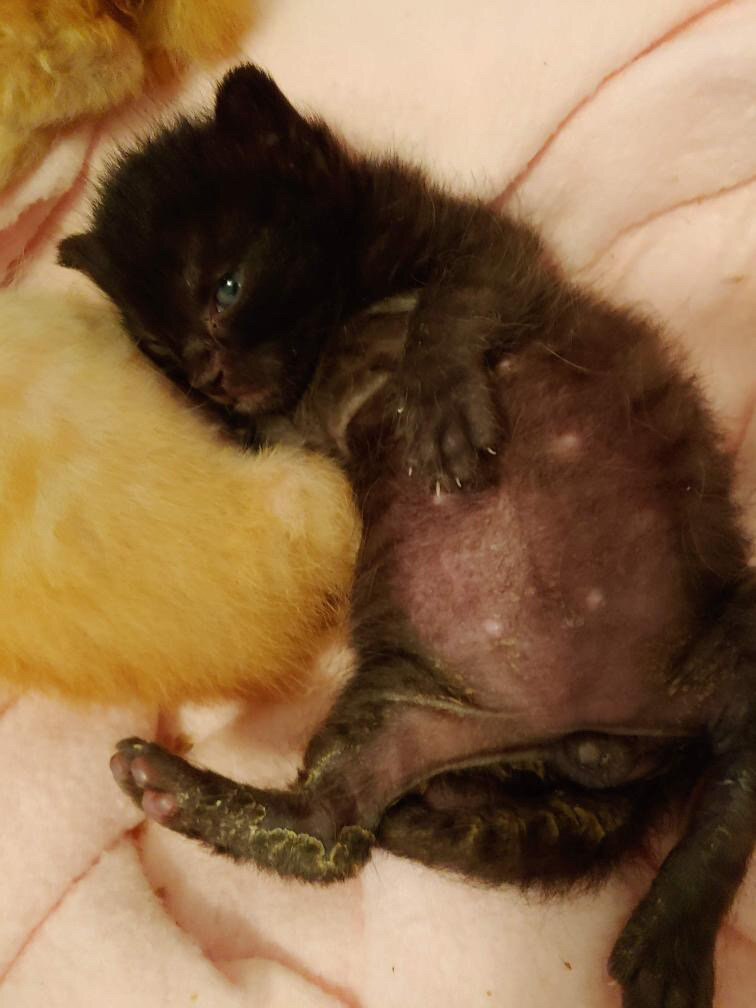
Urine Scald — Kitten Lady
Two kittens must be massaged to pee and poop Pt 2 - YouTube
Bloated or Pot Belly in Kittens | Cat-World
Kitten Diarrhea (Should You Be Worried?) | BluePearl Pet Hospital
Bloated or Pot Belly in Kittens | Cat-World
My kitten has a pot belly appearance, is it normal? - Pets Stack Exchange
My Newborn Kittens Tummy Is Bloated - newborn kittens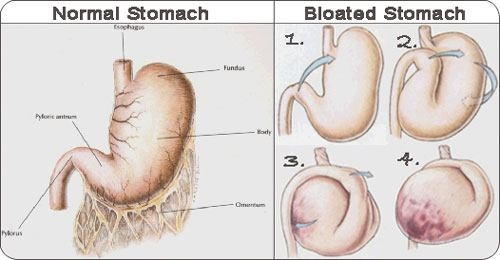
My Newborn Kittens Tummy Is Bloated - newborn kittens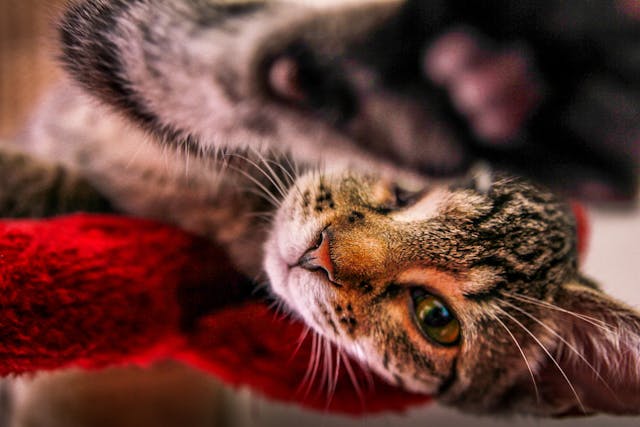
Bloating in Cats - Symptoms, Causes, Diagnosis, Treatment, Recovery, Management, Cost
Newborn Kittens Foot Swollen - newborn kittens
How to Make a Kitten Poop: 9 Steps (with Pictures) - wikiHow
New stray-bloated tummy and wouldn't go? | TheCatSite
Avoid Bottle Feeding Issues in Kittens and Puppies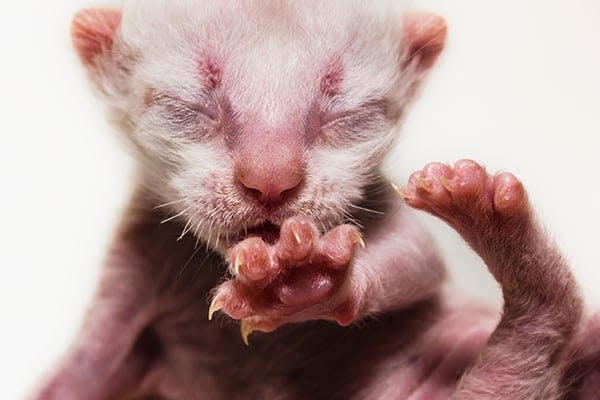
Eye Infection in Newborn in Cats - Symptoms, Causes, Diagnosis, Treatment, Recovery, Management, Cost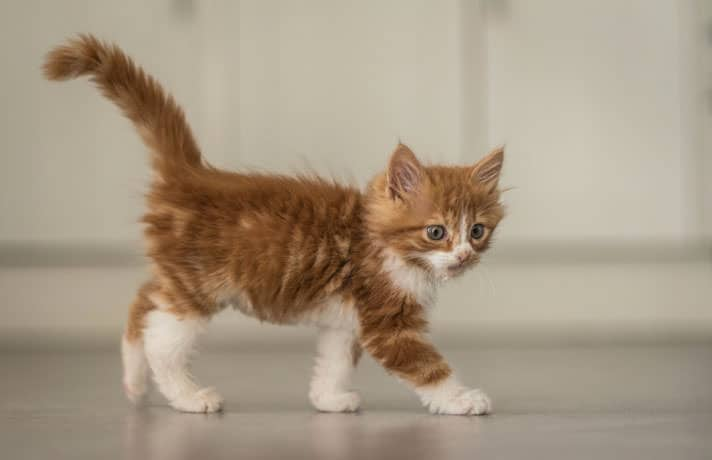
Remedies For Kitten Constipation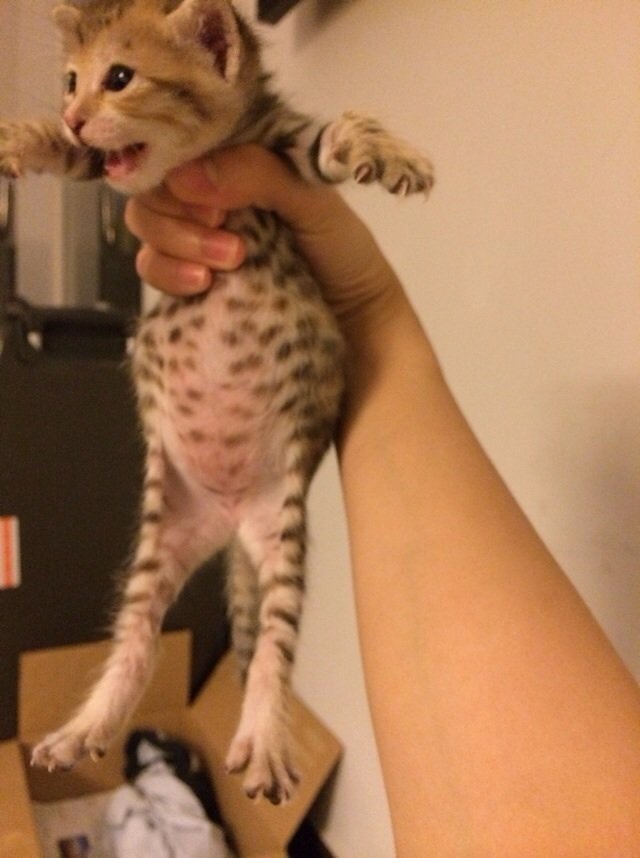
New stray-bloated tummy and wouldn't go? | TheCatSite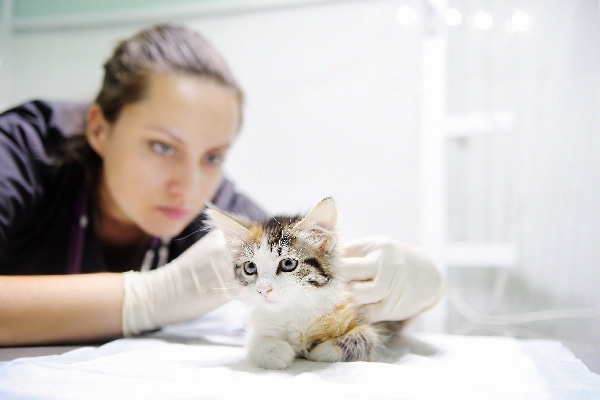
What Is Fading Kitten Syndrome and Why Do So Many Foster Kittens Die From It? - Catster
How Long Can A Cat Live With Worms | Cats, Newborn kittens, Indoor pets
Guide to Raising Underage Kittens - University of Wisconsin Madison Shelter Medicine Program
Pin on Cute Kitties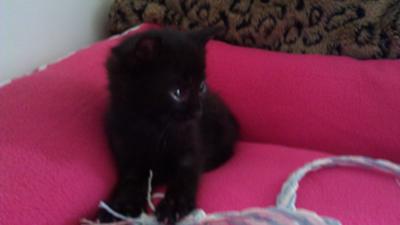
Is my 5-week-old kitten going to die? :'-(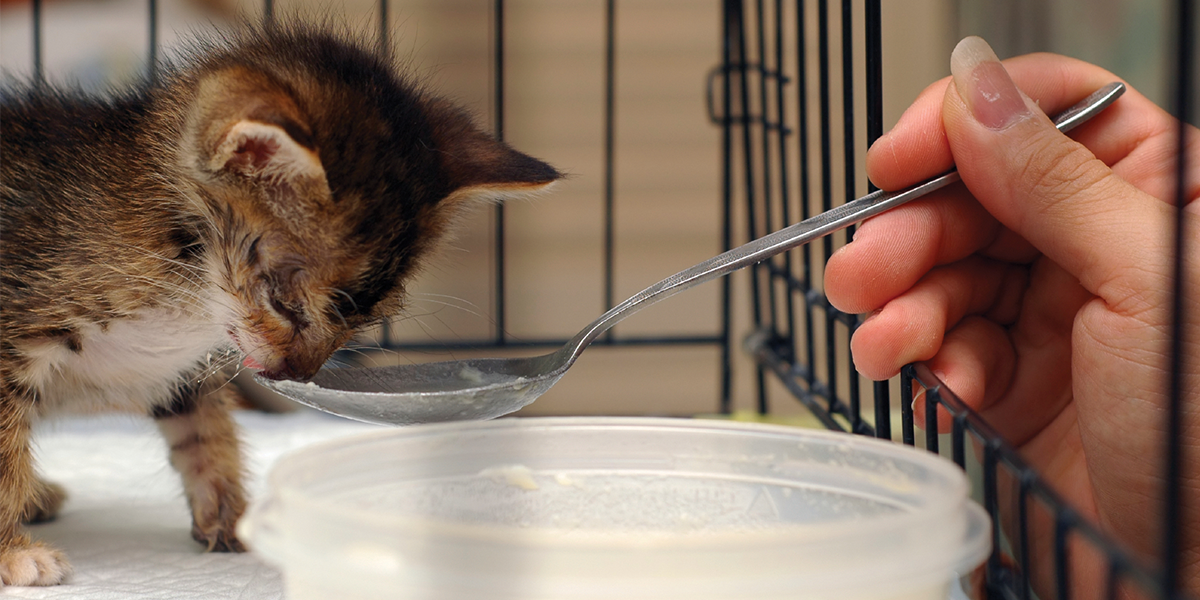
Hand-rearing kittens | International Cat Care
Home Remedies for Your Cat's Upset Stomach - PetHelpful - By fellow animal lovers and experts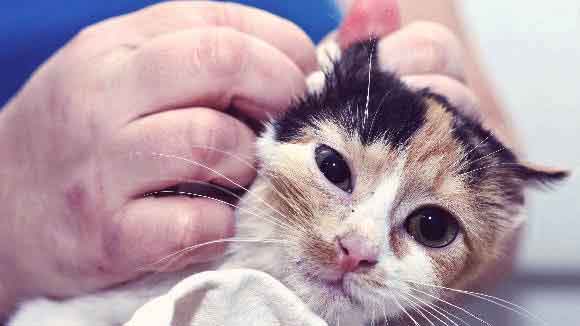
9 Signs of a Sick Kitten - And What to Do | PetCareRx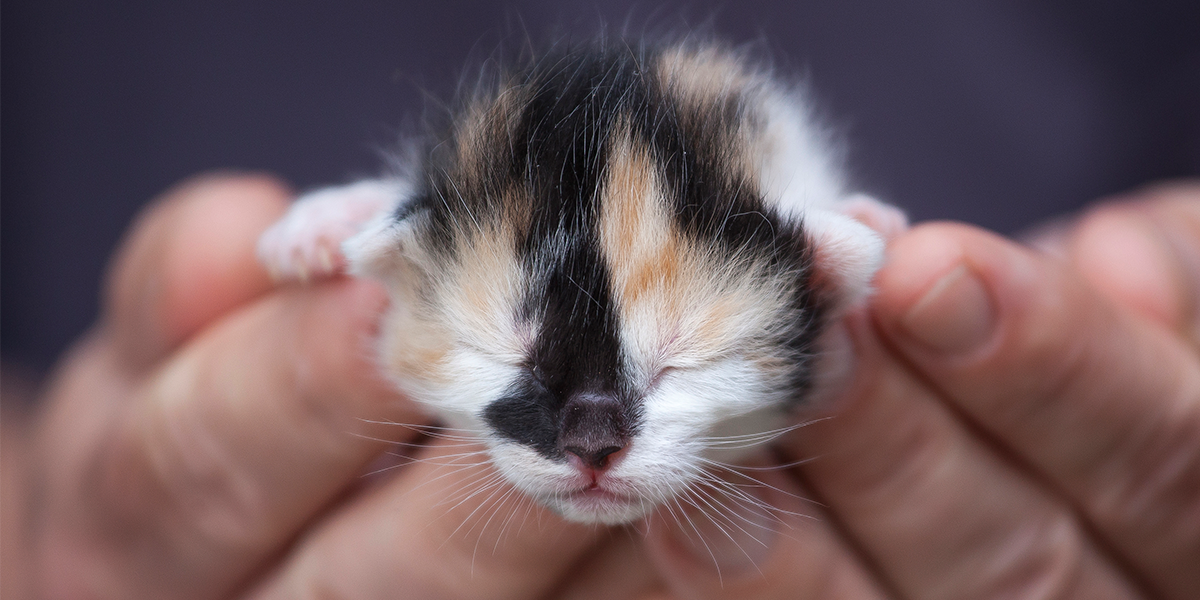
Kitten deaths (Fading Kittens) | International Cat Care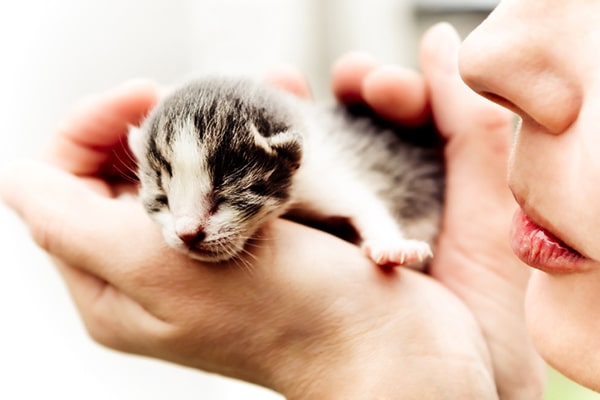
What Is Fading Kitten Syndrome and Why Do So Many Foster Kittens Die From It? - Catster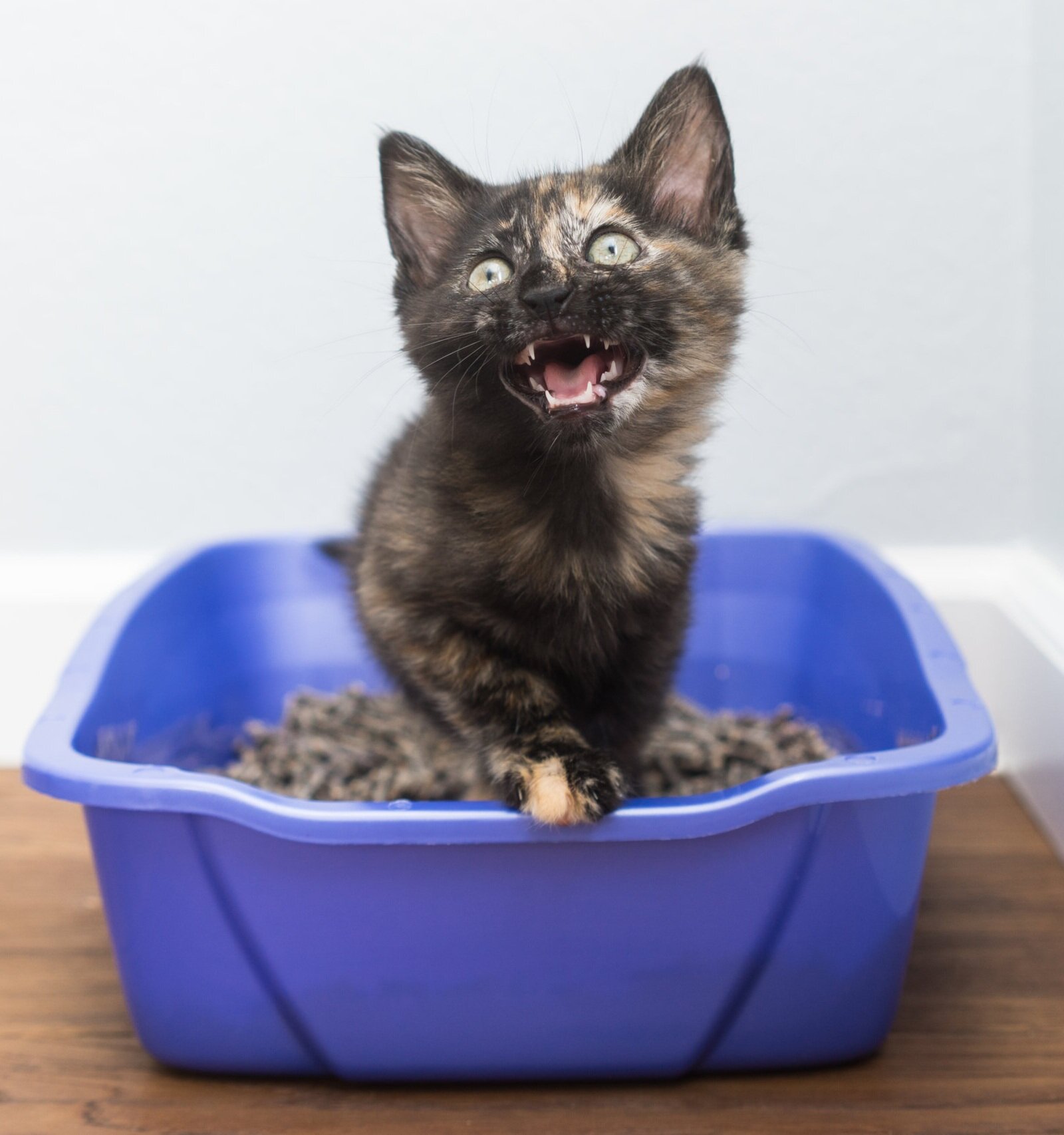
Constipation — Kitten Lady
 Worried Owner Thought Kitten with Bloated Tummy Was Sick, Turns Out It Was Just Fat - WORLD
Worried Owner Thought Kitten with Bloated Tummy Was Sick, Turns Out It Was Just Fat - WORLD




:max_bytes(150000):strip_icc()/post-natal-cat-care-555416_V3-de29216d84b04323bad29f898a976578.png)





/germany-newborn-kittens-sleeping-on-blanket-close-up-140882478-57d961f43df78c583396727b.jpg)



























Posting Komentar untuk "newborn kitten bloated stomach"